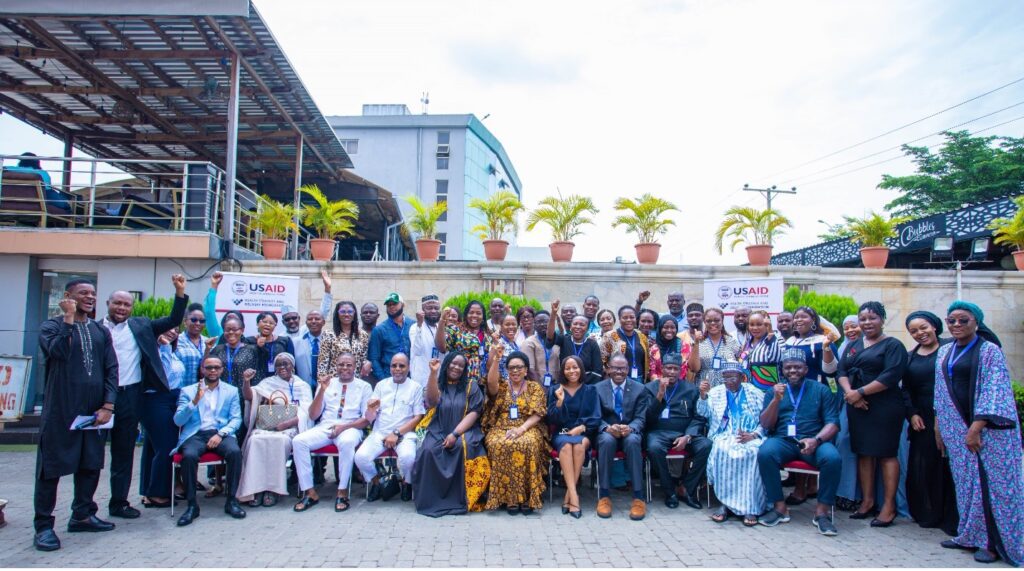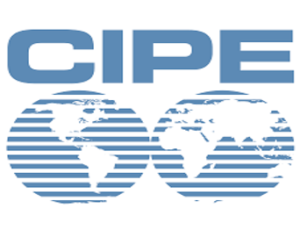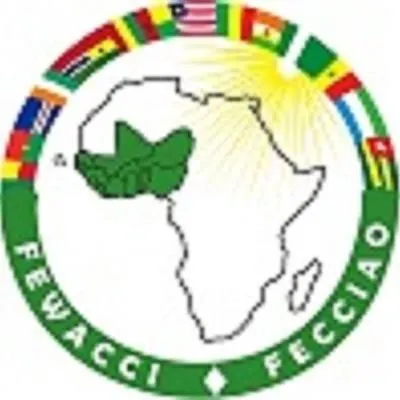The 2-day learning event, which was held at the Grand Cubana Hotel, Jabi, Abuja, was informed by some of the findings from the key informant interviews (KIIs) and financial management assessments (FMA) conducted for PSAs across Ghana, Nigeria, and Senegal earlier this year. The purpose of the event was to foster connection among PSAs, facilitate knowledge exchange and strengthen their capacity for driving membership engagement and improving financial management system (FMS) in a bid to make them more commercially viable and financially self-reliant. Some of the outcomes include:
Networking Among PSAs
Over 60 representatives from 17 different PSAs connected and interacted with one another during the learning event, fostering a sense of community and belonging among participants, while exploring possibilities for potential collaboration, facilitating linkages to local resources, and tapping into the collective expertise of their peers to address common challenges. Speaking on the value-add of networking opportunities during the event, Mrs. Rose Agbo from the Association of Women in Trade and Agriculture (AWITA) said: “We connected with other PSAs to see best practises, challenges, and areas of intervention and how we can correct our structures in-house”.
Connection with Experts
Participants had the opportunity to connect with and learn from subject-matter experts on membership engagement and financial management from the Nigerian Institute of Management and the Health Strategy and Delivery Foundation respectively, gleaning insights on topics ranging from principles of financial management to global best practices for driving membership engagement. Reflecting on this, a delegate from the Federation of Informal Workers’ Organization of Nigeria (FIWON) stated – “It’s been a great privilege attending this workshop. Much has been learned, especially on how to grow our association, with a focus on leadership, entrepreneurship, and financial management”.
Knowledge Exchange
Participants had the opportunity to learn from other successful associations during the panel discussion presented by subject-matter experts and members from two PSAs, the Manufacturing Association of Nigeria (MAN) and the National Cotton Association of Nigeria (NACOTAN).
For instance, NACOTAN recounted their success story of growing their membership base by 198 percent in just two years (2018 – 2020), from 67,000 to over 200,000! They also shared some strategies that helped them overcome challenges in the process. These strategies include facilitating access to funding for their members, digitization of membership database, and enhancing member capacity resulting in over 100,000 metric tonnes of cotton seed recovery between 2018 and 2022.
Launching and Deployment of Templates and Toolkits
Participants also had the opportunity to deploy the membership engagement template produced by the HSDF team to construct adaptive plans and roadmaps for promoting membership engagement and retention, in keeping with one of the goals of the CLOSA project to develop and implement pertinent tools for increasing PSA performance. Furthermore, the cashbook template created by the financial management specialists at HSDF allowed members to draw summaries of financial transactions for their respective associations.
Mr. Idowu from the Nigeria Private Sector Alliance (NIPSA), in his response regarding the usefulness of the tools and templates, said: “The tools can benefit and assist associations in financial management if adopted. It will also go a long way if experts can provide additional support to help organizations deal with their financial backlog.”
Up next, similar events will take place later this year in Ghana and Senegal. This is part of USAID’s effort to boost commercial activities and create sustainable economies in West Africa by moving PSAs from donor-funded to self-sustaining models.






